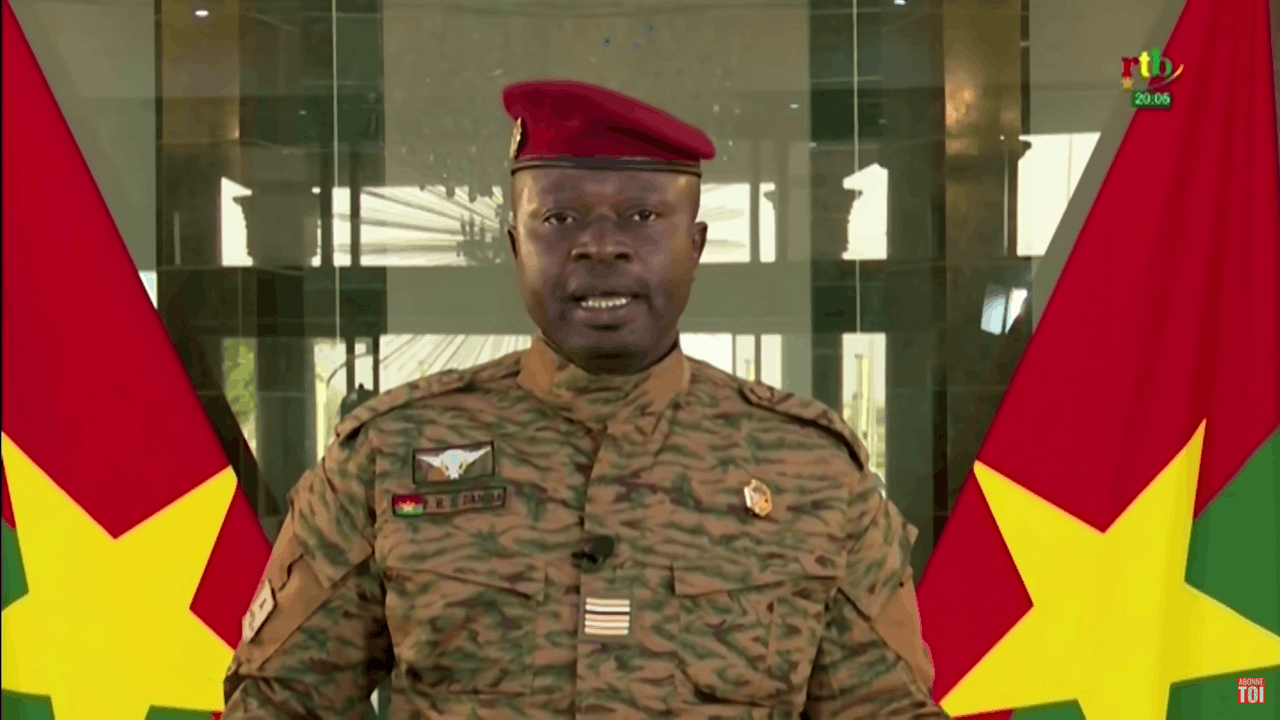Burkina Faso’s army on 23 January launched a coup, deposing president Roch Kabore, dissolving the government and national assembly. On Monday it appointed coup leader Lieutenant-Colonel Paul-Henri Sandaogo Damiba as president and restored the constitution, which it had previously suspended.
“The development cooperation and humanitarian action directorate is following the situation very closely,” the government said in answer to a parliamentary question on Monday. “The signing of a new indicative cooperation programme, foreseen for 8 February 2022, won’t take place on this date.”
Besides Burkina Faso, Luxembourg has signed programmes with Cape Verde, Mali, Niger, Senegal as well as Laos and Nicaragua. The agreements set out spending plans and priorities for five-year periods with aid not given to governments but development, humanitarian and non-governmental organisations.
In its 2017-2021 programme with Burkina Faso, the government pledged €60m with a focus on sustainable management of natural resources, education, teaching and training, and ICT.
“The activities will be adapted according to the evolution of the situation, the consequences of which still need to be assessed at this stage,” foreign minister Jean Asselborn and development cooperation minister Franz Fayot (both LSAP) said in a joint statement.
A similar plan with Mali expired in 2019 but has following a 2020 coup.
The ministers said they are in constant contact with Luxembourg’s embassy in Ouagadougou and have advised against any unessential travel.
Fayot during a speech in parliament last year revealed that Luxembourg called back non-essential staff from its embassy in Ethiopian capital Addis Ababa over security fears as well as closing its representation in Nicaragua following sham election in November and a crackdown on opposition figures. Fayot said Luxembourg would not abandon populations in need but will find ways of supporting local NGOs.
The African Union and the Economic Community of West African States (Ecowas) suspended Burkina Faso in the wake of the coup. The EU’s foreign policy chief, Josep Borrell, last week in a statement “strongly condemned” the coup and said Kabore and others illegally detained should be released.
An Ecowas delegation has since visited the ousted president who is under house arrest. The military junta that staged the coup has yet to announce an end to the transition period or plans for free elections to take place.
